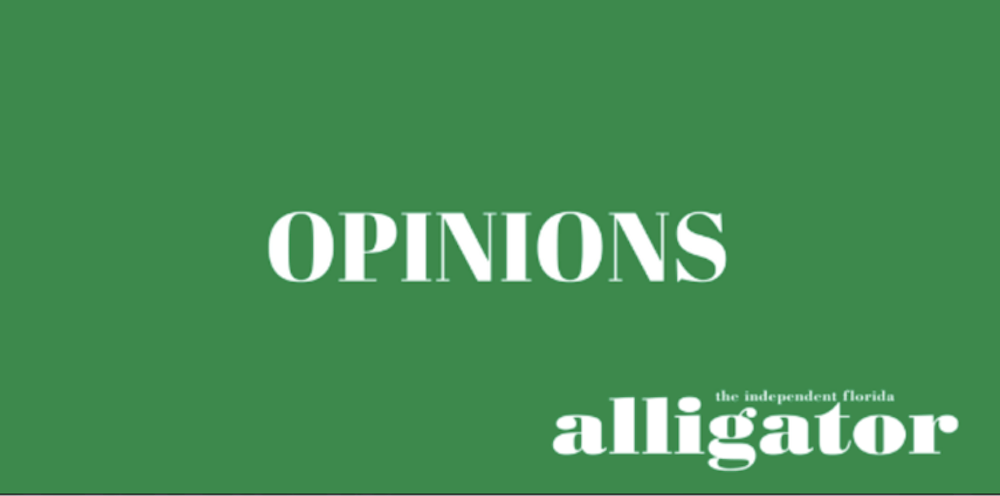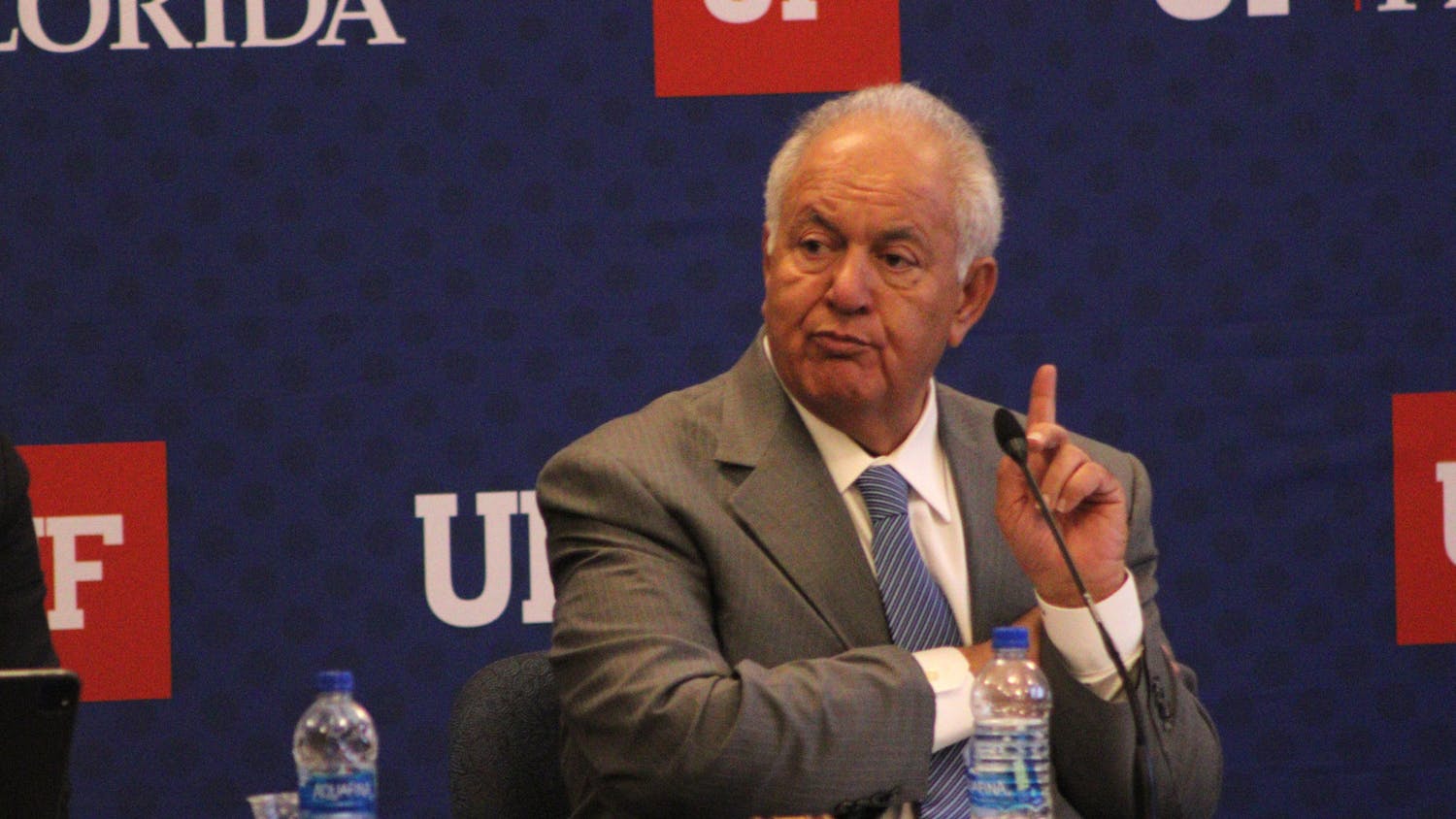Many university presidents want only to hear and share good news. However, the only way our university can grow stronger and become greater is if we understand and are open to what needs to be improved.
Keeping that in mind, this month I received news that greatly troubled me.
The rate of reported sexual assault and sexual misconduct at our university and other universities is not declining.
Instead, it is increasing.
UF conducted a climate survey of students on sexual assault and sexual misconduct with 26 other universities in 2015. The Association of American Universities, a group comprising the nation’s top 60 public and private research universities, led the survey.
The results were alarming and heartbreaking. In summary, 23 percent of undergraduate female respondents – nearly one out of every four female undergraduates – and 5 percent of undergraduate male respondents reported experiencing nonconsensual sexual contact by physical force, threats of physical force or incapacitation since enrolling at their university. UF’s numbers were lower, but still similar to the overall AAU reported results.
Any occurrence of sexual assault is unacceptable. UF’s goal is the elimination of any and all incidents of nonconsensual sexual contact. Given the survey results, we committed in 2015 to making a real difference in the incidences of sexual assault at UF.
The AAU repeated its sexual assault and misconduct survey this past year, and this week they released the results. Again, UF participated along with 32 other universities. We are still analyzing the UF data, but the preliminary results are very distressing. Instead of seeing fewer experiences of sexual assault compared with 2015, UF students reported more such experiences instead.
For the participating universities, the rate of nonconsensual sexual contact increased to 26 percent for undergraduate women and 7 percent for undergraduate men. There were also increases among graduate students and other identifiable groups. The rates of nonconsensual sexual contact for women, transgender, genderqueer and nonbinary students were significantly higher than for men.
We will share UF’s survey results and analysis as soon as available, which I expect will be early next week. What is abundantly clear is that we need to do more to eliminate sexual assault.
Following the 2015 survey, UF took a number of steps to reduce sexual assault, including implementing new sexual assault prevention training programs, creating a Student Advisory Board to help guide our prevention efforts and launching a nationally recognized bystander intervention model, “Green Dot.”
Today, I am discouraged and disheartened by what I have learned from the latest survey. I expected progress in eliminating a significant problem on our campus, and instead the problem is even more significant than I understood four years ago.
With this year’s survey, UF needs to take a close look at what more we can do, while identifying our shortcomings and reexamining our approaches. We also need to do more to look out for each other’s well-being. Together, we must create a safe, supportive and caring university for all.
In order for UF to be truly great, it must lead in eliminating sexual assault.
Kent Fuchs is the president of UF. His column appears monthly.






